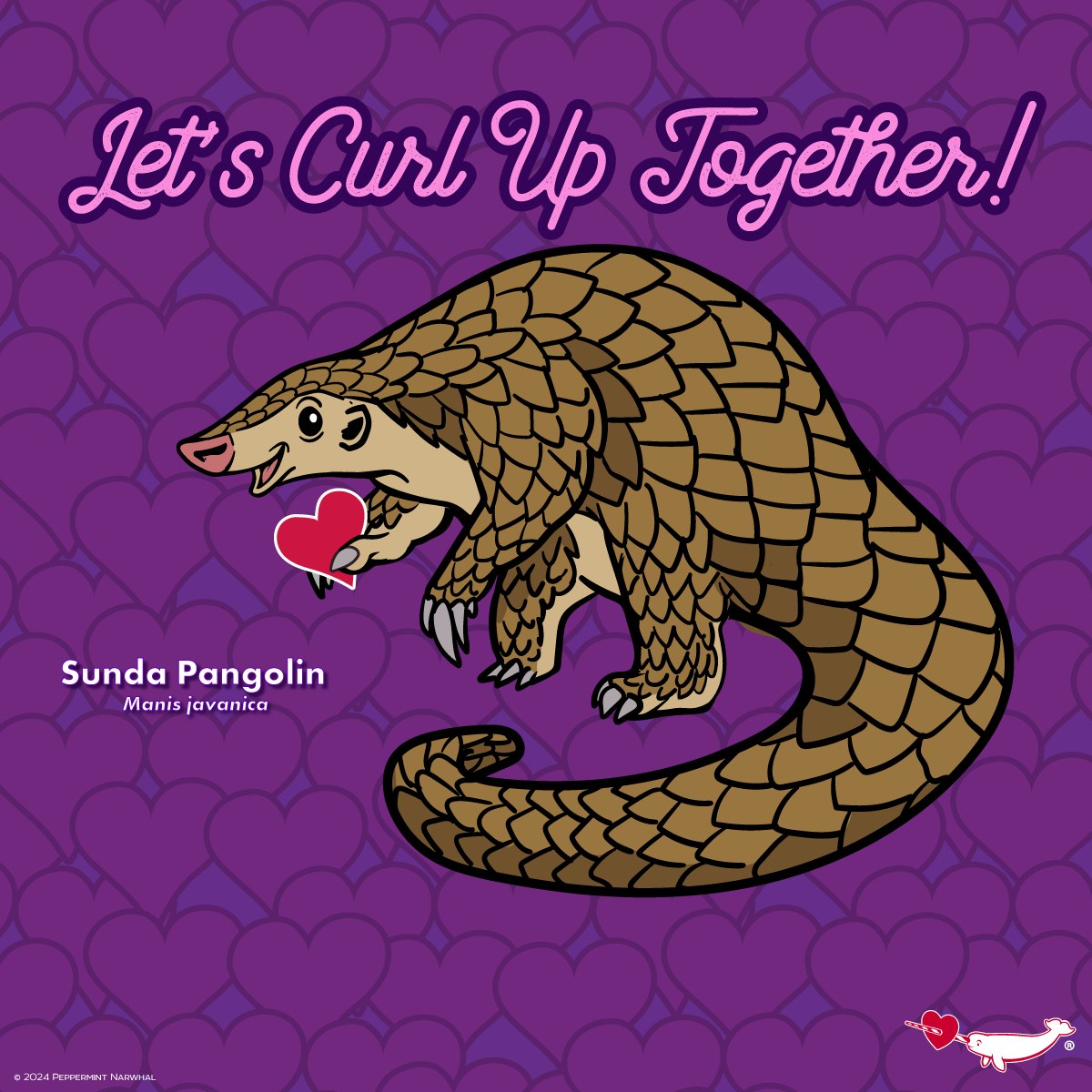– The distinctive defensive behavior of the Sunda Pangolin (Manis javanica) and its ecological significance.
– The impact of illegal wildlife trade on pangolin populations and global biodiversity.
– The critical role of education and public awareness in pangolin conservation.
The Sunda Pangolin, a small mammal native to Southeast Asia, employs a fascinating approach to protect itself from predators: it curls up into a tight ball. This seemingly simple behavior is a highly effective survival strategy against natural threats. However, it offers little defense against the most significant predator of all, humans. The pangolin scales are highly sought after in the illegal wildlife trade. Their value, surpassing that of gold in some contexts, places these creatures in peril, pushing them toward extinction.
Pangolins play a vital role in their ecosystems, primarily through their diet of insects, which helps control pest populations. Their unique feeding habits and ecological roles highlight the importance of their biodiversity conservation and maintaining the health of their habitats. The decline in pangolin numbers due to poaching and habitat loss reflects a larger trend of biodiversity decrement, signaling a need for immediate action in wildlife conservation efforts.
The illegal trade of wildlife, with the pangolin at its center, is a multifaceted issue involving demand for traditional medicines, luxury goods, and even exotic pets. This trade endangers the pangolin, threatens global biodiversity, and can spread zoonotic diseases. Effective enforcement of wildlife trafficking laws and international cooperation are crucial for tackling this problem. However, legislation and enforcement alone are not sufficient. There is a pressing need for education and awareness-raising to reduce demand for illegally traded wildlife products.
Awareness campaigns play a crucial role in pangolin conservation efforts. By educating the public about the pangolin’s plight and its role in the ecosystem, these campaigns aim to foster a connection between people and this often-overlooked species. The saying “We protect what we love” holds profoundly true. Increasing the visibility of pangolins through educational initiatives can encourage people to take action, whether by supporting conservation organizations, advocating for policy changes, or simply spreading the word about the importance of pangolins.
Engagement and active participation from the global community are necessary to preserve pangolins for future generations. Sharing information about these creatures and their challenges can create a ripple effect, inspiring more people to join the cause. The collective effort of individuals, communities, and governments can make a significant difference in the fight against illegal wildlife trade and the conservation of pangolins.
In summary, conserving the Sunda Pangolin and combating the illegal wildlife trade require a multifaceted approach, combining strict enforcement with education and public engagement. Protecting these animals is not just about preserving a single species but about maintaining the integrity of ecosystems and biodiversity globally. The fight to save the pangolin reminds us of our responsibility to protect the natural world and its inhabitants. Through concerted efforts, it is possible to halt the decline of pangolin populations and ensure their survival for the enjoyment and benefit of future generations.
*****
Source Description
VALENTINE – Let’s Curl Up Together!
Did You Know? – The Sunda Pangolin’s (Manis javanica) primary defense is curling up into a ball. This is an effective defense against most predators, except for man. Pangolin scales are highly coveted in the illegal wildlife trade and are worth more than gold. This insatiable demand is driving this and other pangolin species towards extinction. Thankfully, many good people are working to fight the illegal wildlife trade. Please share and show the pangolin some love. We only tend to protect what we love, and you can’t love something you don’t even know. But if you tell your friends about pangolins and their plight, that helps create conservation ripples that expand greater awareness and appreciation for the species. As this movement grows, it will help ensure pangolins will be around well into the future for many generations to continue to love.
Shop www.peppermintnarwhal.com


